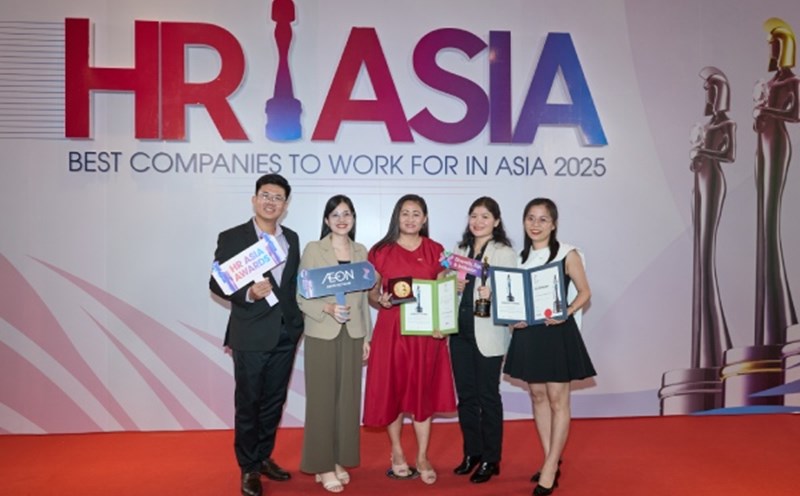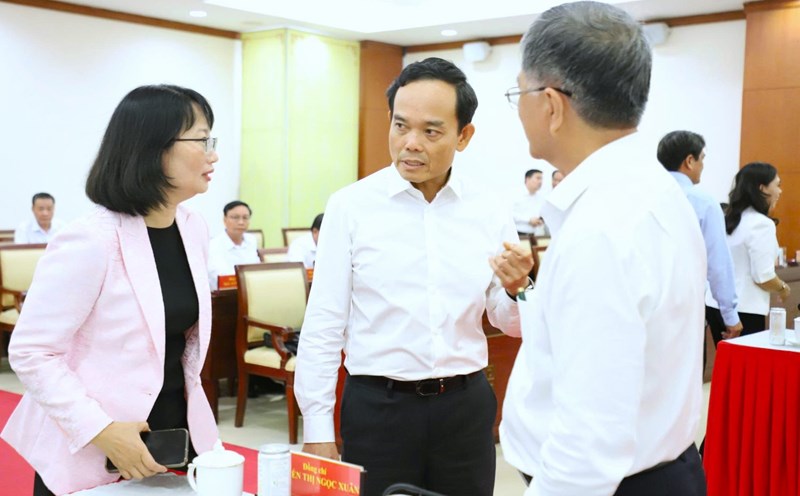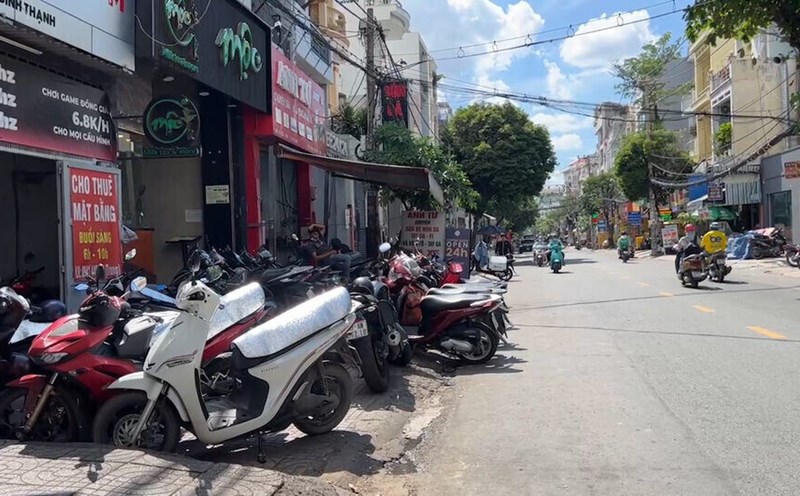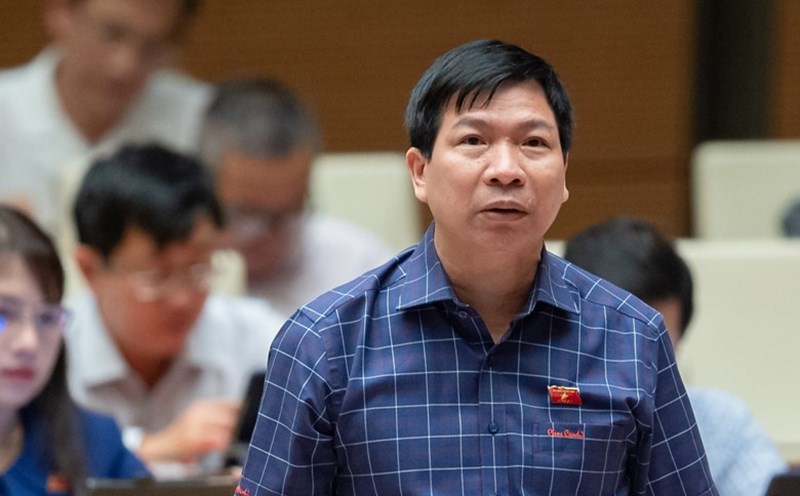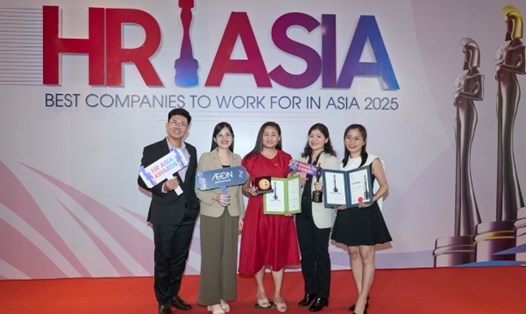According to Ms. Nakamura-Osaka, in the Asia-Pacific, nearly half a billion workers are working in factories, farms, at sea or at home, playing a backbone role in local, regional and global supply chains. From the electronics industry in Vietnam, garments in Bangladesh, to seafood in Thailand and cars in India, this region is now a key production driver in the world, creating a value of thousands of billions of USD.
However, that economic strength comes with many challenges. Many jobs are still unofficial, unstable, or leased outside through a chain of subcontractors that lack transparency. Weak management capacity and inadequate implementation mechanisms increase the risk of exploitation, from unsafe working conditions to forced labor. Only a small portion of workers enjoy social security, while the gender pay gap still exists.
Ms. Nakamura-Osaka believes that these challenges are not unresolvable. With correct policies, stronger institutions and empowering workers, supply chains in the region can become a driving force for inclusive growth. Strengthening public policies, improving legislative capacity, enhancing the role of employers and employees, and ensuring the voice of employees are essential steps. Practice shows that promoting reasonable employment helps reduce risks, increase competitiveness and export efficiency.
Supply chains in the region are also closely connected with micro, small and medium enterprises - the pillar of the local economy. Supporting these businesses to legalize jobs, improve skills and apply technology can open up better opportunities for millions of people, especially in low production levels, where labor is concentrated and vulnerable.
Many positive initiatives have appeared, such as ethical recruitment practices to protect migratory labor, digital monitoring tools to help increase transparency in the factory, or industry-wide agreements to improve labor standards. However, the progress is not uniform, requiring a coordinated approach and suitable to the local context.
Meanwhile, changes in global trade create both risks and opportunities. The risk of losing growth momentum is still present, but it is also an opportunity for Asia - Pacific to take the lead in shaping the labor governance model in the supply chain. With much of the trade taking place between the Southern Hemisphere countries, especially in the region, Asia - Pacific can no longer only follow the rules set by others, but can also build a position as a reliable destination, with sustainable and fair supply, promoting decent employment and long-term growth.
To achieve this goal, it is necessary to unify trade, investment, governance and responsible business practices, while expanding the scope of social security coverage, resolving gender pay inequality, reducing informal situations and focusing on labor safety. Today's decisions will have a long-term impact on the future of jobs for many generations. Ms. Nakamura-Osaka emphasized that now is the time for action to create a fair, sustainable and resilient world of work across the Asia-Pacific.

